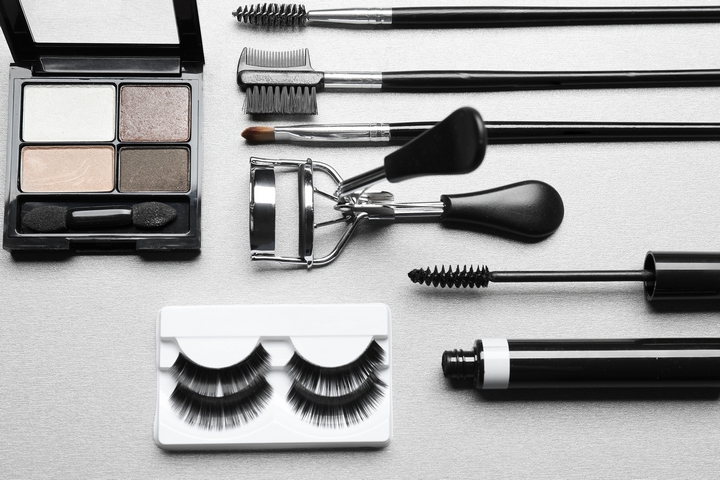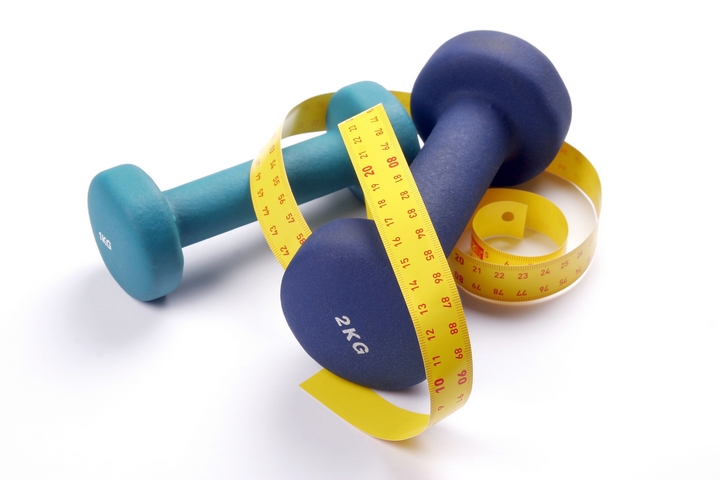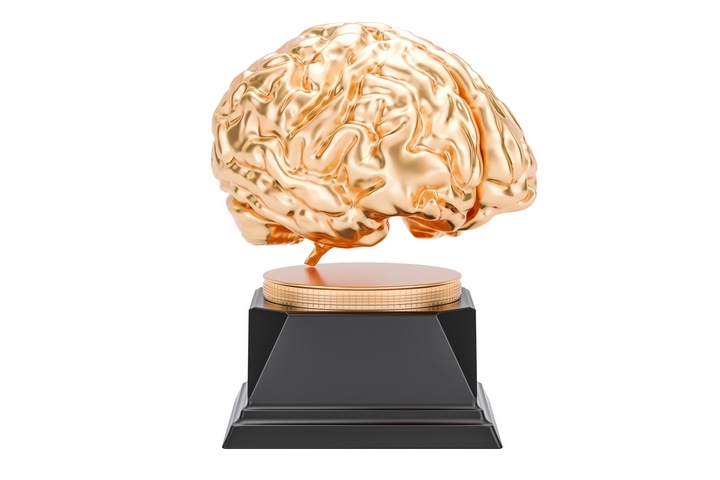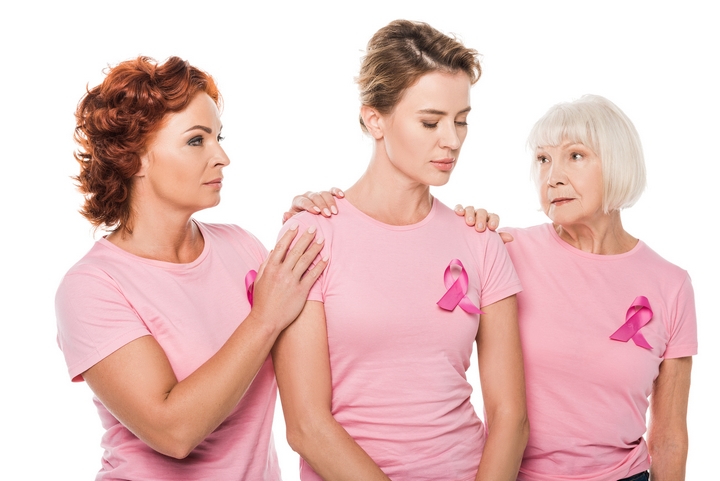
Did you know there are complementary natural treatment options for breast cancer? Such treatments include detoxification diets, acupuncture, antioxidants, traditional Chinese remedies, among many other alternatives. These alternative cancer remedies are known as complementary and alternative medicine (CAM).
Natural treatment options for breast cancer do not aim at curing the disease. They aim at easing the side effects of cancer treatment such as pain with a view to improving a cancer patient’s quality of life. The most important thing to note is that these complementary remedies are just that, complementary. They do not replace doctor-prescribed cancer medication. They, however, help to mitigate pain and other side effects of cancer treatment. Let’s look at some of the most popular alternative treatment options for breast cancer.
1. A Special Diet

Eating a healthy diet is key when you are under breast cancer treatment. Some of the foods that you should avoid include pickled, salt-cured, smoked, or foods with high-fat content. Instead, consume lots of plant-based foods, fruits and vegetables. It is important to talk to your doctor and work with him or her to come up with a nutritional diet that will boost your immunity and shore up your body’s strength.
2. Antioxidant Supplements

Antioxidants protect your body and lower your risk of contracting cancer. However, if you already have cancer, they mitigate damage caused by free radicals, which are known to harm cells in your body. There are fruits, vegetables and grains that are rich in dietary antioxidants. These include foods with a high content of Vitamin C, Vitamin A, Vitamin E, beta-carotene, and lycopene. Some of the foods with a high content of these antioxidants include dark chocolate, goji berries, wild blueberries, kidney beans, and pecans.
Dietary supplements are also rich in antioxidants, but opinion is split on whether they are safe to use while undergoing cancer treatment. Always consult your doctor before using a dietary supplement to complement your breast cancer treatment to understand the benefits and risks you are likely to get yourself into.
3. Mind, Body, and Soul Therapies

The aim of mind, body and soul therapies is to encourage a positive mental state with the hope that it will permeate into the rest of your body and provide relief. Among common therapies include aromatherapy, art therapy, music therapy, yoga, meditation, reiki, labyrinth walking, and tai chi. Some people believe that these therapies have direct benefits to the body and soul and that they relieve anxiety, stress, and pain besides enhancing one’s quality of life. For best results, work with a licensed practitioner. These therapies should, however, not replace a doctor-recommended line of breast cancer treatment.
4. Massage Therapy

Some people contend that massage therapy can boost immunity and alleviate pain, fatigue, and anxiety. A 2003 study concluded that massage alleviated pain and anxiety in women undergoing breast cancer treatment. It also lowered their dependence on pain medication. Massage therapy should, however, be administered by a licensed professional.
5. Acupuncture
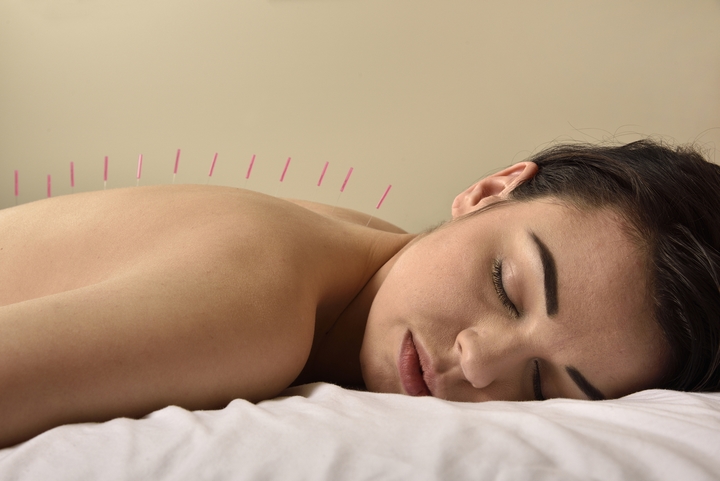
Acupuncture is a Chinese traditional remedy that is believed to relieve breast cancer symptoms and subdue side effects of breast cancer treatment. It aims at stimulating the nervous system by pricking the skin at particular acupuncture points. Research demonstrates that acupuncture reduces pain, relieves fatigue, controls hot flashes, reduces vomiting, and helps to minimize nausea. Risks associated with acupuncture include bleeding, infection, and lymphedema.
6. Biofeedback

Another alternative remedy for treating the side effects of a cancer treatment such as chemotherapy is biofeedback. It involves hooking a patient to electrical sensors to monitor subtle changes in the body. This procedure is meant to help a patient control involuntary or autonomic functions such as heart rate, muscle tension, and blood pressure. Depending on symptoms, your doctor is able to recommend the appropriate type of biofeedback technique.
These natural remedies are mainly helpful in alleviating the side effects of breast cancer. They should not be taken as a replacement to a doctor-prescribed treatment plan. They can, however, alleviate pain and reduce anxiety and stress, resulting in improved quality of life.





